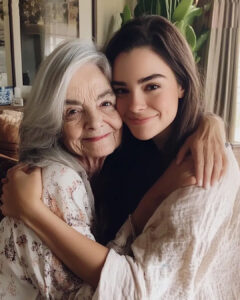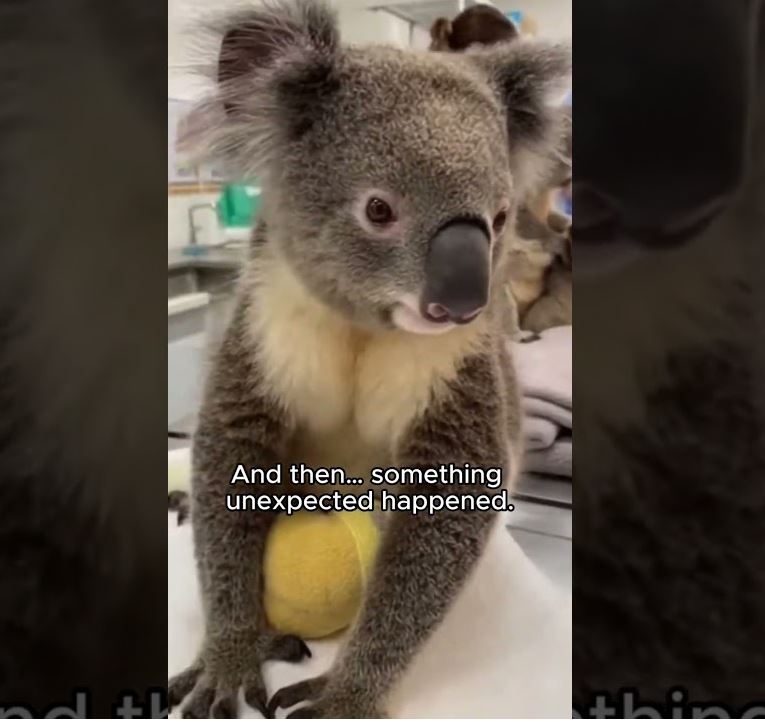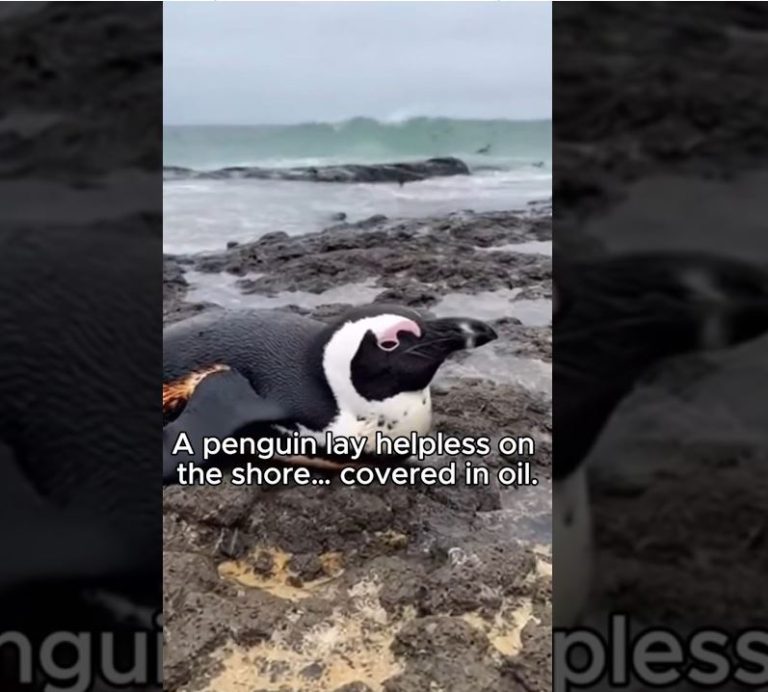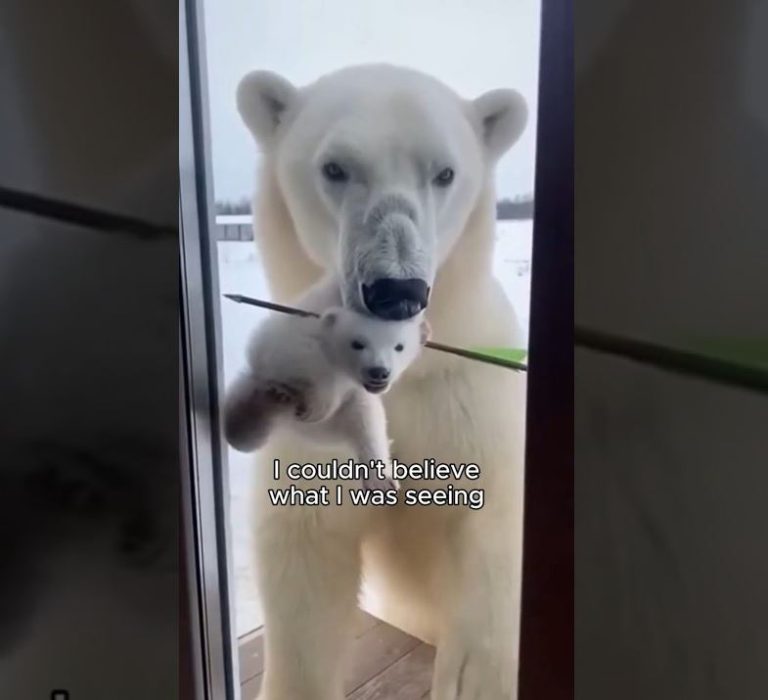They say grief comes in waves, but when I lost my grandmother Catherine, it felt more like the ground had disappeared beneath me. She wasn’t just my grandmother — she was my best friend. Her warm hugs, her apple pies, and our kitchen chats were the heartbeat of my childhood.
Her funeral was filled with family and neighbors, all quietly sharing memories. I tried to hold myself together, but seeing her resting so peacefully brought tears to my eyes.
As I stood near her casket, comforting words from our neighbor Mrs. Anderson helped a little. “She was so proud of you, Emerald,” she said softly. “You were her world.”
I smiled through the sadness, remembering how Grandma would always say I had the perfect touch with cinnamon in her apple pie recipe.
But amid the quiet mourning, something strange caught my eye.
My mother, Victoria — who hadn’t shown much emotion that day — approached the casket. She looked around quickly and, with a swift movement, slipped something inside. A small, wrapped package.
I blinked, unsure if I’d seen it correctly. My mom and Grandma hadn’t been close in recent years, and it was odd that she would place something in the casket without telling anyone. Especially something secretive.
Later, after everyone had gone and my mom left early, saying she had a headache, I stayed behind. I felt something was off. My curiosity — and love for Grandma — wouldn’t let me leave without knowing what she might be taking with her into her final rest.
With care and a deep breath, I lifted the corner of the dress Grandma wore — the same one she had worn to my college graduation. There, tucked gently beneath the folds, was the package. I hesitated. But in the end, I took it. Something told me Grandma would want me to.
At home, I sat in her old reading chair and unwrapped the bundle. It was covered in one of her hand-stitched handkerchiefs, embroidered with a “C.” Inside were dozens of letters — all addressed to my mother.
The first letter made my breath catch. In it, Grandma gently confronted my mother about financial troubles she had faced, expressing her heartbreak and hope that things would improve. The tone was firm but loving.
As I read through more, a picture formed: concern, attempts at reconciliation, and ultimately, disappointment. Yet every letter still ended with love. It was painful, but eye-opening.
Then I found one more letter — from my mother to Grandma. It was written after Grandma’s passing, and it left me stunned. It showed a deep mix of emotion, frustration, and regret. It was raw and personal.
For hours, I sat in silence, trying to reconcile the pieces. I thought of the times my mother had asked about Grandma’s finances, her insistence on managing things, the expensive gifts that seemed out of place.
In the morning, I knew what I needed to do. I invited my mother to coffee.
When we met, I handed her a small bundle — just two letters: one from Grandma, and one from me.
Mine simply said:
**“Mom, I know everything. I still love you, but I will no longer be misled. Grandma’s wishes will be honored. Please respect that.”**
She read the letter in silence, and I watched the weight of the truth settle in.
“I love you, Mom,” I said, gently but firmly. “But some things have to change.”
As I walked away, I felt a quiet strength fill me. It wasn’t about anger or revenge. It was about protecting the love and legacy of someone who had always stood by me — and standing up for myself, too.
Some truths are hard to face. But sometimes, they are exactly what we need to heal and move forward.




